The Jonathan Jay Pollard affair, a highly contentious episode in Israel’s bilateral relationship with the United States, has reached one of its final chapters after 35 years of acrimony.
On November 20, the U.S. Justice Department allowed Pollard’s parole restrictions to expire, enabling him to remove the wrist monitor that tracked his movements and permitting him to leave the country.
William Barr, the U.S. attorney-general, could have asked the United States Parole Commission, an arm of the Justice Department, to extend the restrictions imposed on Pollard after his release from federal prison in 2015. Barr made no such request, prompting speculation that the outgoing president, Donald Trump, had presented Israel with one last farewell gift.
Israeli leaders repeatedly lobbied the United States to commute his sentence so he could fulfill his dream of living in Israel, but their pleas were rejected by a succession of presidents from Ronald Reagan to Barack Obama.
And three years ago, a U.S. federal appeals court turned aside Pollard’s appeal to ease his parole conditions.
American defence and intelligence officials argued that Pollard had caused immense damage to U.S. interests and did not deserve special consideration. This argument became irrelevant after Pollard fulfilled his parole obligations and served his sentence.
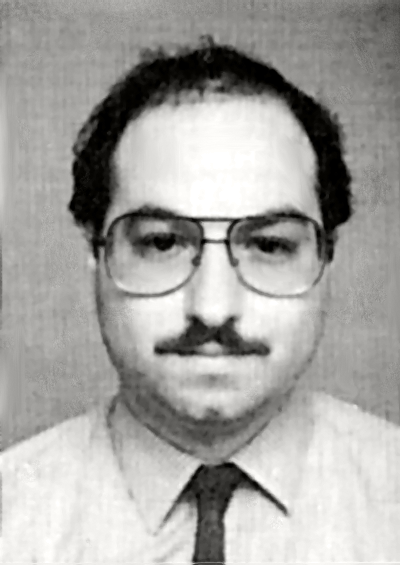
Pollard, an American Jew who worked as an intelligence analyst for the U.S. Naval Intelligence Command, was arrested in 1985 on charges of spying for Israel. Sentenced to life imprisonment in 1987, he spent the next 28 years in maximum security jails. His first wife, Anne Henderson, an employee of the National Rifle Association, was given a five-year sentence.
Now 66, Pollard was the only American to receive a life sentence for spying for a U.S. ally. Indeed, he was the only person to spend more than a decade in a prison cell for such a crime.
Granted Israeli citizenship in 1995, Pollard and his second wife, Esther, intend to move to Israel. According to one of his lawyers, Eliot Lauer, their plan is contingent on his wife’s health. She is currently undergoing chemotherapy for breast cancer.
Certainly, Benjamin Netanyahu will welcome him with open arms, judging by a a statement from his office: “The prime minister looks forward to Jonathan Pollard’s arrival soon and wishes to strengthen him and Esther, along with all Israeli citizens.”
Only after reaching Israel will Pollard truly be able to extricate himself from the self-inflicted predicament that has haunted him for the past three decades.
Born in Galveston, Texas, and raised in South Bend, Indiana, Pollard hails from a staunchly middle-class, Zionist-oriented family.
“For as long as I can remember, Israel’s has figured prominently in my life as an object of religious commitment as well as a source of personal strength,” he told the American journalist Wolf Blitzer, the author of what is probably the definitive work on the Pollard case, Territory of Lies, published in 1989.
Pollard dreamed of joining the Israeli army and becoming a Jewish fighter, wrote Blitzer, a CNN commentator today.

Pollard’s disastrous foray into espionage began in 1984 after he met Aviem Sella, an Israeli Air Force colonel finishing a PhD in computer science at a university in New York City. Pollard was a so-called “walk-in.” He offered him classified information he strongly believed should have been made available to Israel by the United States.
Sella introduced Pollard to Rafi Eitan, a former Mossad operative and the director of Lakam, the Israeli Scientific Liaison Bureau, a unit of Israel’s Ministry of Defence.
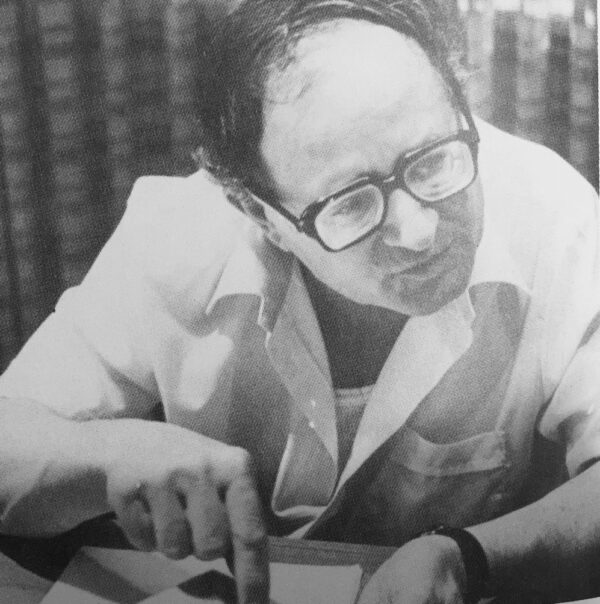
The Mossad, Israel’s external intelligence agency, had no interest in using Pollard because it was opposed to undertaking covert operations in the United States. Lakam was not bound by this prohibition.
Over an 18-month period, Pollard provided Israel with data about the weapon systems and intelligence structures of Arab countries, weapons the Soviet Union would probably deliver to its Arab clients, and assessments of Arab leaders and their respective regimes.
Blitzer quotes Pollard as saying, “My sole objective was to provide (Israel) with enough information to prepare for the next generation of Soviet military technology which had been scheduled for export to the Middle East.”
In Blitzer’s estimation, Pollard’s information, including revelations on Syria’s chemical and gas warfare factories, was regarded by Israel as “absolutely crucial” to its security.
Blitzer claims that Pollard was one of the most important spies in Israel’s history. “An Israeli intelligence official said that some of the information was ‘so breathtaking’ that it did in fact seem to justify the extremely great risk Israel was taking in running an agent in Washington.”
One of Pollard’s Israeli handlers, Yosef Yagur, supposedly informed Pollard he was a “one-man intelligence agency.”
Blitzer adds, “In effect, what Pollard did was to make virtually the entire U.S. intelligence-gathering apparatus available to Israel, completing the picture in those areas where Israel’s own knowledge was limited. The focus of Israel’s interest … was on its Arab adversaries and the Soviet Union, especially their military capabilities.”
Documents declassified by the Central Intelligence Agency in 2012 disclosed that Israel’s air raid on PLO headquarters in Tunis in 1985 would not have occurred without Pollard’s intelligence.
Pollard was paid about $50,000 for his services. He used the money to cover travel expenses, restaurant meals and drinks and jewelry for his wife.
Pollard and his wife were arrested by FBI agents outside Israel’s embassy after they were refused admittance on Eitan’s order. Having squeezed Pollard dry like a lemon, Eitan abandoned the Pollards to their fate.
Abiding by a plea bargain deal offered by prosecutors, Pollard cooperated with the FBI and pleaded guilty to one count of espionage and conspiring to deliver national defence information to a foreign power. In exchange, Pollard expected a relatively light sentence of several years.
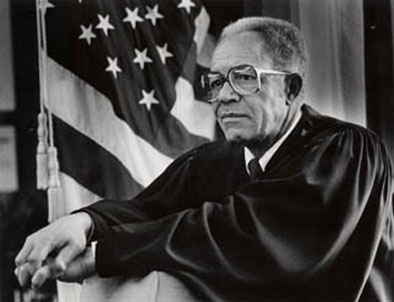
The then defence secretary, Caspar Weinberger, intervened and delivered a devastating damage assessment brief, which still remains classified. Weinberger’s report greatly influenced the judge, Aubrey Robinson, Jr., who sentenced Pollard to life imprisonment.
The Pollard fiasco strained Israel’s relations with the United States. The then Israeli prime minister, Shimon Peres, issued a formal apology, but disingenuously claimed Pollard had been part of a “rogue” operation not authorized by Israel. It took the Israeli government 11 years to fess up and acknowledge its central role in the affair.
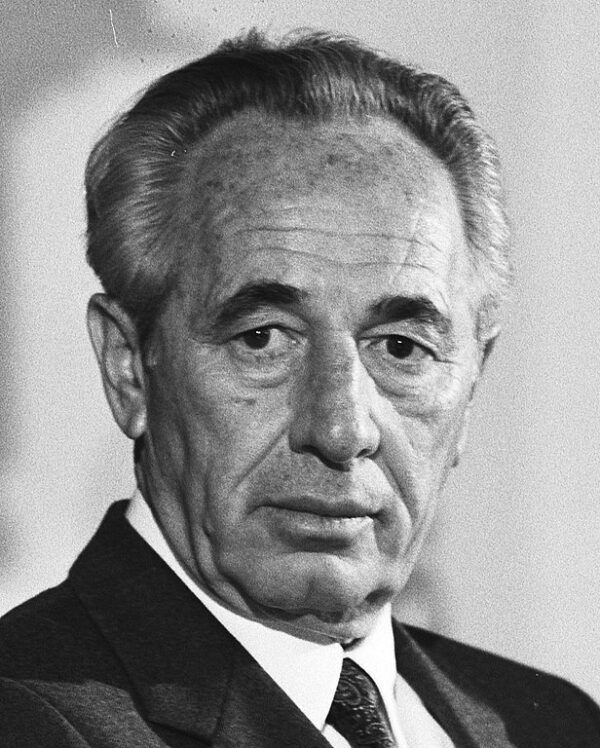
American Jews were embarrassed and unsettled by it. Some distanced themselves from Pollard out of fear that they would be accused of dual loyalty, an accusation hurled at Jews by antisemites. Eventually, mainstream Jewish groups ranging from the Conference of Presidents of Major American Jewish Organizations to Hadassah, called for his early release.
His strongest supporters in the United States were Orthodox and conservative Jews. In Israel, Pollard has a substantial following in right-wing political circles and among Jewish settlers in the occupied territories, where he may well choose to live.

Pollard’s determination to make aliyah burns brightly in spite of his apparent bitterness. While still in captivity, he accused Israel of having left him to his own devices and not working hard enough to free him.
In hindsight, there are lessons to be learned from this inglorious chapter in U.S.-Israeli relations.
Israel was utterly reckless in having spied on the United States, its chief ally and patron. Nor should Israel have employed an American Jew as a spy. On the other hand, the United States acted dishonorably by reneging on a plea bargain deal, which induced Pollard to cooperate with law enforcement authorities.
Israel behaved just as recklessly in the 1950s when it formed an espionage ring in Egypt consisting of Egyptian Jews. The spectacle of Jews working for an enemy state had profound consequences, contributing to the widespread perception in the Arab world that Jews were Zionist agents and could never be trusted.
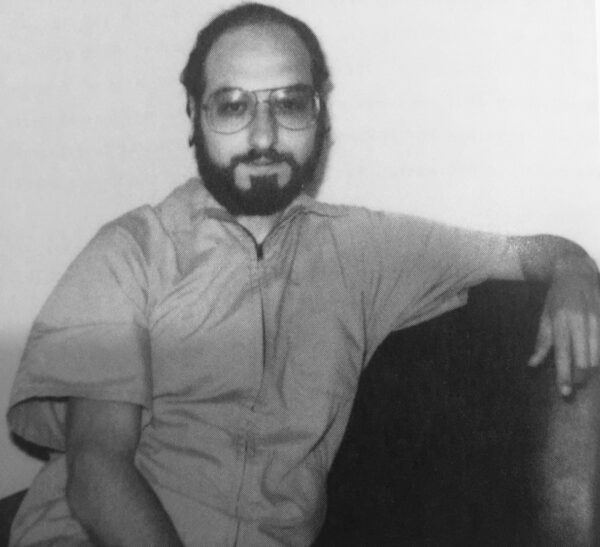
Although Pollard was motivated by idealistic impulses, he behaved exactly like a traitor. The treason he committed jeopardized the hard-won status of American Jews and provided fodder for the legion of antisemites.
Neither Israel nor Pollard distinguished themselves in this sordid case.
